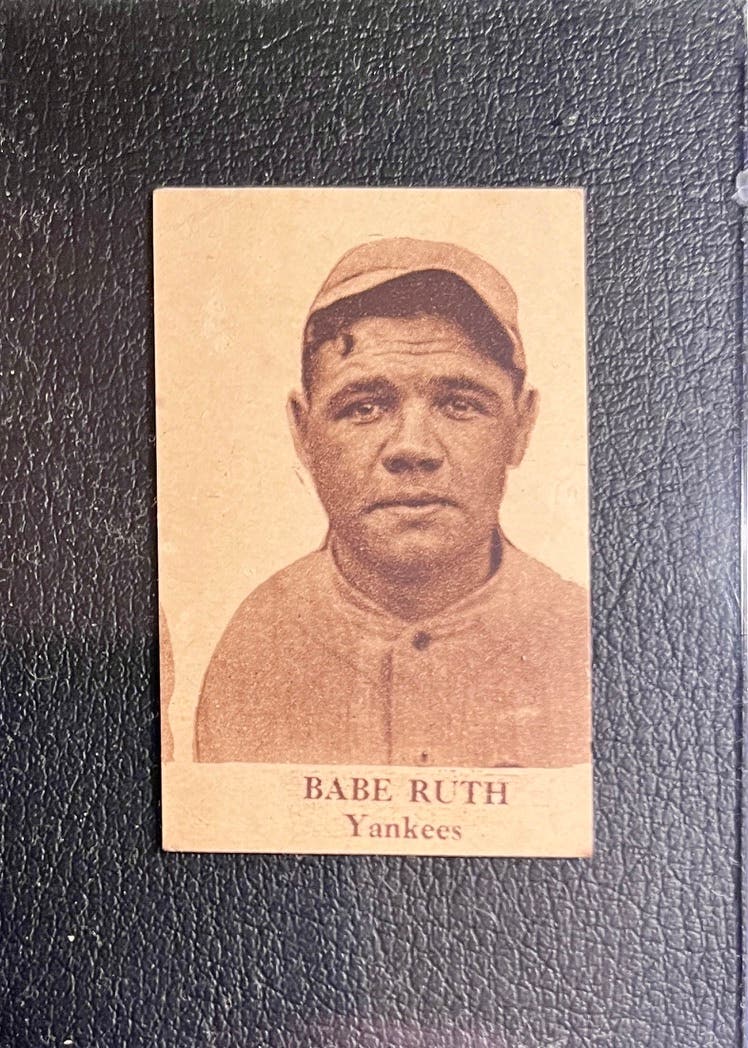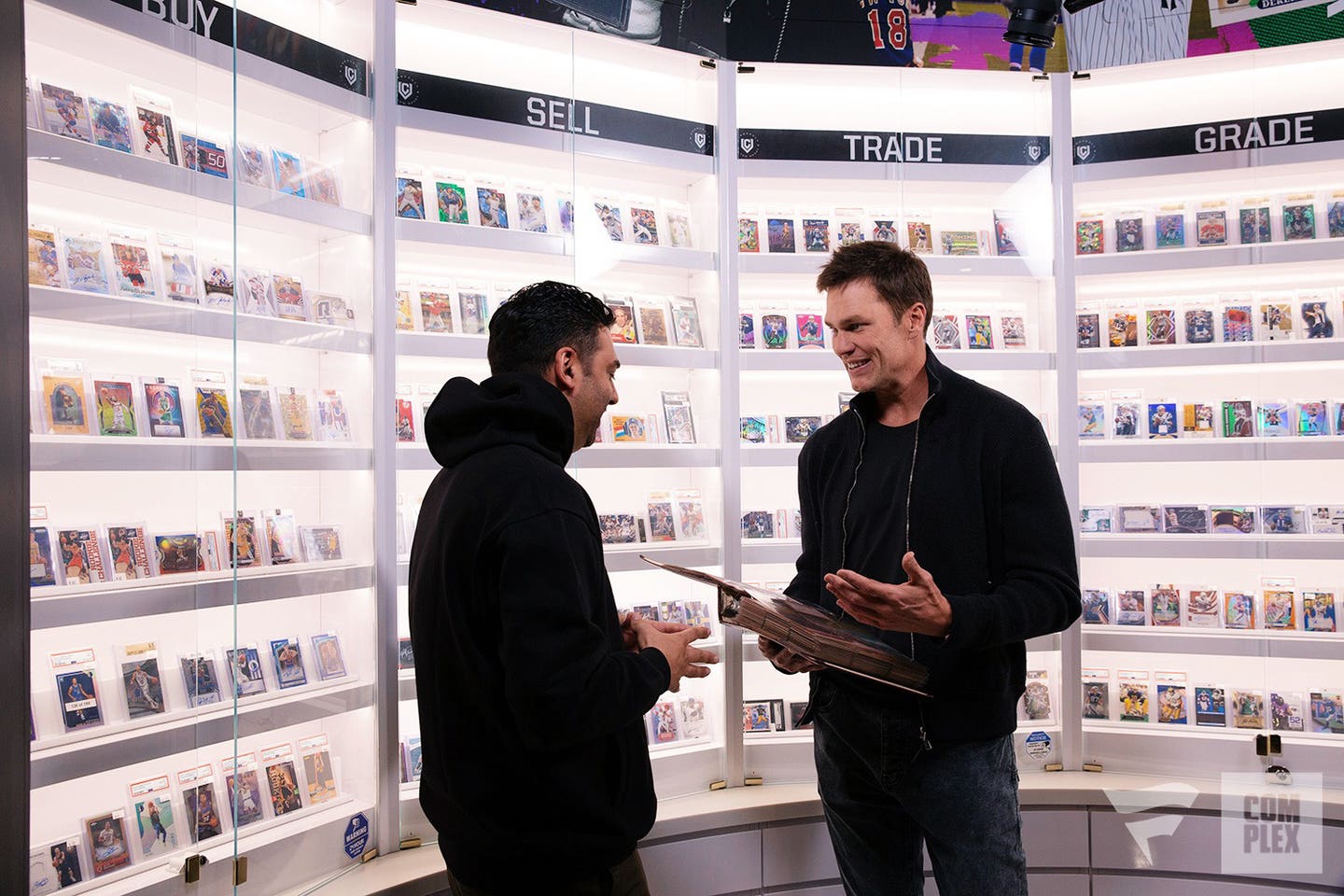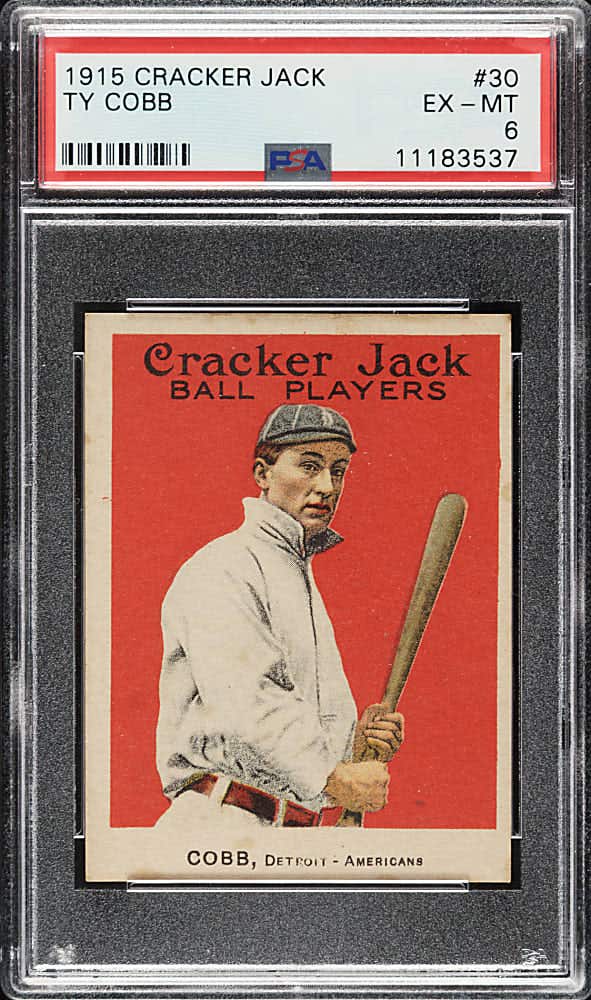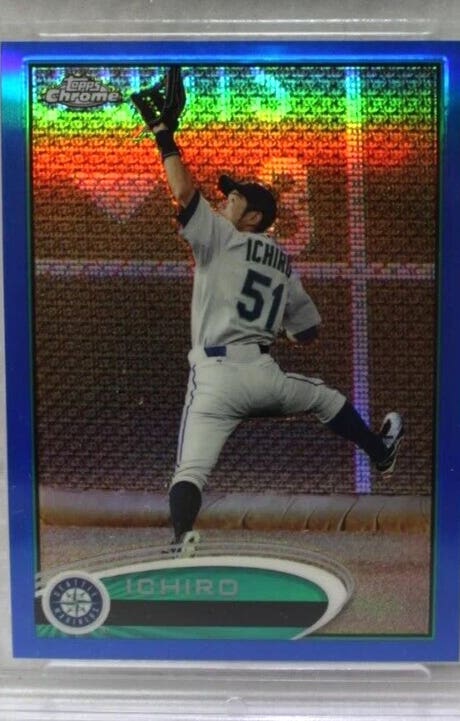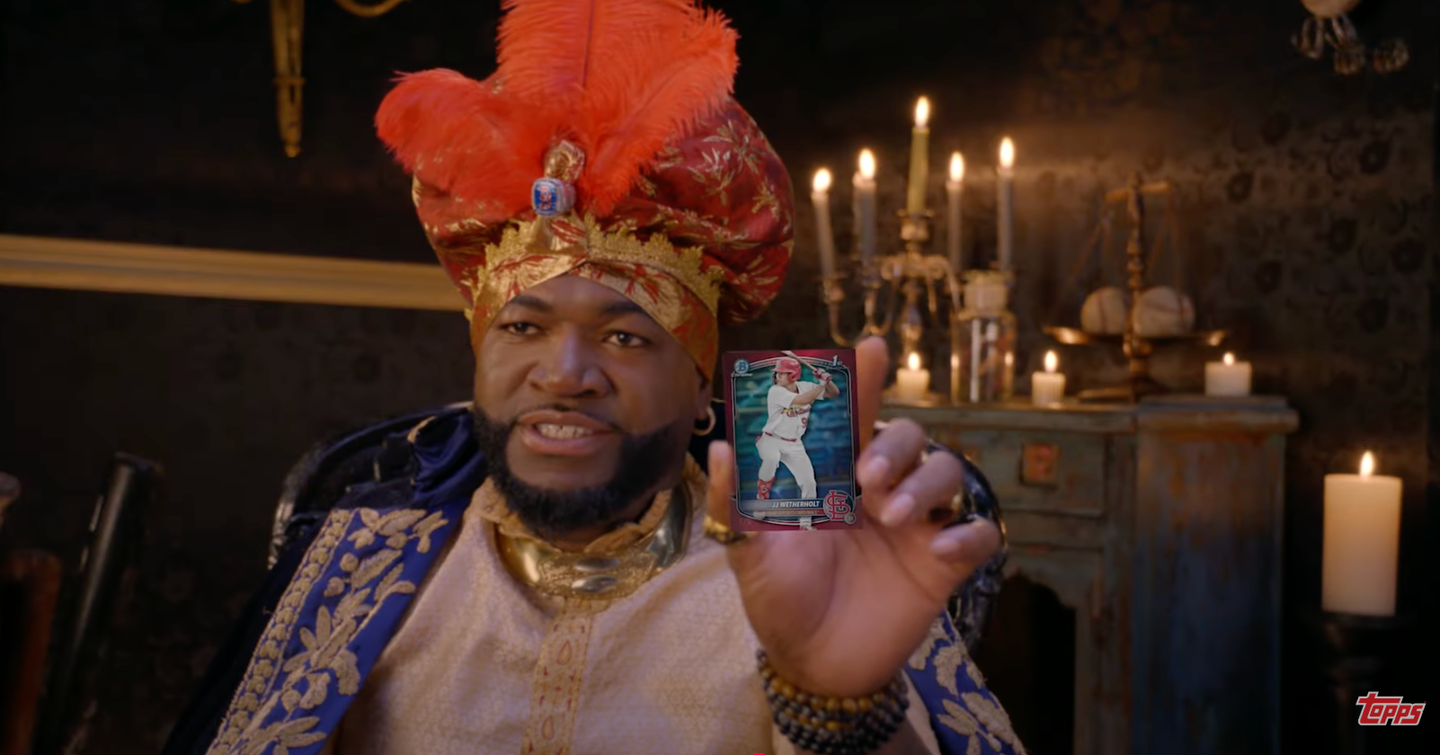News
The reason why Abner Doubleday is not in the HOF …
The long-running mythology about the origins of baseball found itself thrust back into the mainstream media glare recently with the help of a couple of former Sports Collectors Digest columnists and even the Commissioner of Baseball himself, Bud Selig.
In a tussle that eerily mimicks the more controversial national discussion about creationism vs. evolution, Selig gave the story its legs with the emergence in cyberspace of a letter he wrote earlier this year to autograph expert Ron Keurajian, currently in the middle of authoring a massive volume about the autographs of members of the Baseball Hall of Fame.
In response to a letter that Keurajian had sent inquiring about Selig’s views on the origins of the game, Selig responded with letter on MLB stationery that included the passage: “From all of the historians which I have spoken with, I really believe that Abner Doubleday is the ‘Father of Baseball.’ I know there are some historians who would dispute this, though.”
I’ve never known Selig to wield the cudgel of understatement with such dramatic effect. It would perhaps be more useful to suggest that the “Doubleday Myth” has for a good many decades now been presented as nothing more than just that: a myth, albeit a useful one in terms of promoting the game as a uniquely and singularly American invention.
I don’t think I risk much of anything by stating that an imposing armada of reputable baseball historians would lean to the idea of baseball being more of an evolutionary creation (I like the linkage) from the British game of rounders. The corrollary to that might be that finding a single historical figure to shove forward as the “inventor” of the game is about as pointless as looking for the ball that Bobby Thomson slugged for his “Shot Heard ’Round the World” in 1951.
For his part, Keurajian, now putting the finishing touches on his book Signatures From Cooperstown: The Standard Reference Guide to Baseball Hall of Fame Autographs, finds himself taking the decidedly contrarian position, a role he’s not entirely unfamiliar with in our hobby.
“Imagine me, being in the position of defending the commissioner,” he said in a phone interview. noting that Selig’s views “conform to my own” on the willingness to accept the primary assertion of the notorious Mills Commission report in 1907 that anointed Doubleday as “The Father of Baseball.”
I mention Keurajian being comfortable in a contrarian role, which is a not-so-subtle allusion to his long-standing views in the tumultuous world of high-end autographs that are frequently at odds with those of a huge cadre of autograph experts and officials from some of the major auction houses.
That stance is likely to be reflected in Keurajian’s book, which he contends will “obliterate the market of ultra-rare signatures.” That’s a reference to his well-known contention that a huge percentage of the super-rare autographs are no good, a view that obviously makes him unpopular with an important and powerful segment of the industry.
The second SCD columnist involved in this is none other than Keith Olbermann, who was dismissive of the Doubleday Myth in his own blog and presumably from his national stature helped to propel the story beyond what might have been narrower confines.
The famed MSNBC anchor even hinted that the letter under Selig’s signature might be a phony, but that was pretty promptly laid to rest by assurances from the commissioner’s office as to its authenticity.
The New York Times weighed in on the topic on Nov. 13, giving it additional legs after an already impressive journey through the Internet. “I couldn’t believe how viral this letter went,” Keurajian added.
I feel a little sheepish hedging on what Keurajian told me, but I can’t help but wonder if there’s just a bit of his legendary contentiousness showing through on this one. His actual assertion to me was something to the effect of placing a good deal of belief in the Doubleday story in large part because it had the sanction of the Mills Commission.
But there are commissions, and there are commissions, and my own reading of the history of the Mills Commissions adheres more closely to the idea that its principal finding about dear old Abner was based on the flimsiest of evidence, namely the pronouncements of another less-famous Abner.
Abner Graves alleged in a letter to the commission that he had witnessed the creation of “Base Ball” under Doubleday’s tutelage in 1839 in Cooperstown, which would be a reach even without the more widely accepted historical view that Doubleday wasn’t in Cooperstown in 1839.
To sum it up, it seems the Mills Commission was likely little more than the turn-of-the-century equivalent of the modern-day congressional hearing, a dog-and-pony show designed to put an official imprimatur on a notion that otherwise might be found severely lacking.
It stemmed from a battle at the time between eventual Hall of Famers Albert Spalding and Henry Chadwick, with the former advocating a solution that firmly and officially established our national pastime as having come from one of our own pastures rather than to trace its legacy to Merry Old England (Chadwick’s more evolutionary stance).
Abner was just a much better story. It’s not like it’s completely un-American to be favoring a well-told and comfortable tale in favor of something less facile and heavily weighted down by pesky science and an unblinking historical archive.
Even the Hall of Fame itself has quite cheerfully backed off from clinging to the Doubleday Myth, conceding that the original story had served the purpose of helping to link the game to the bucolic setting in Central New York. Anybody who doubts that Cooperstown is the perfect location for the Baseball Hall of Fame is clearly suffering from a significant handicap: he’s never been to Cooperstown.
Besides, don’t you think that if anybody truly believed Abner Doubleday were the inventor of the game of baseball, Abner Doubleday would be in the Baseball Hall of Fame?
(465)




